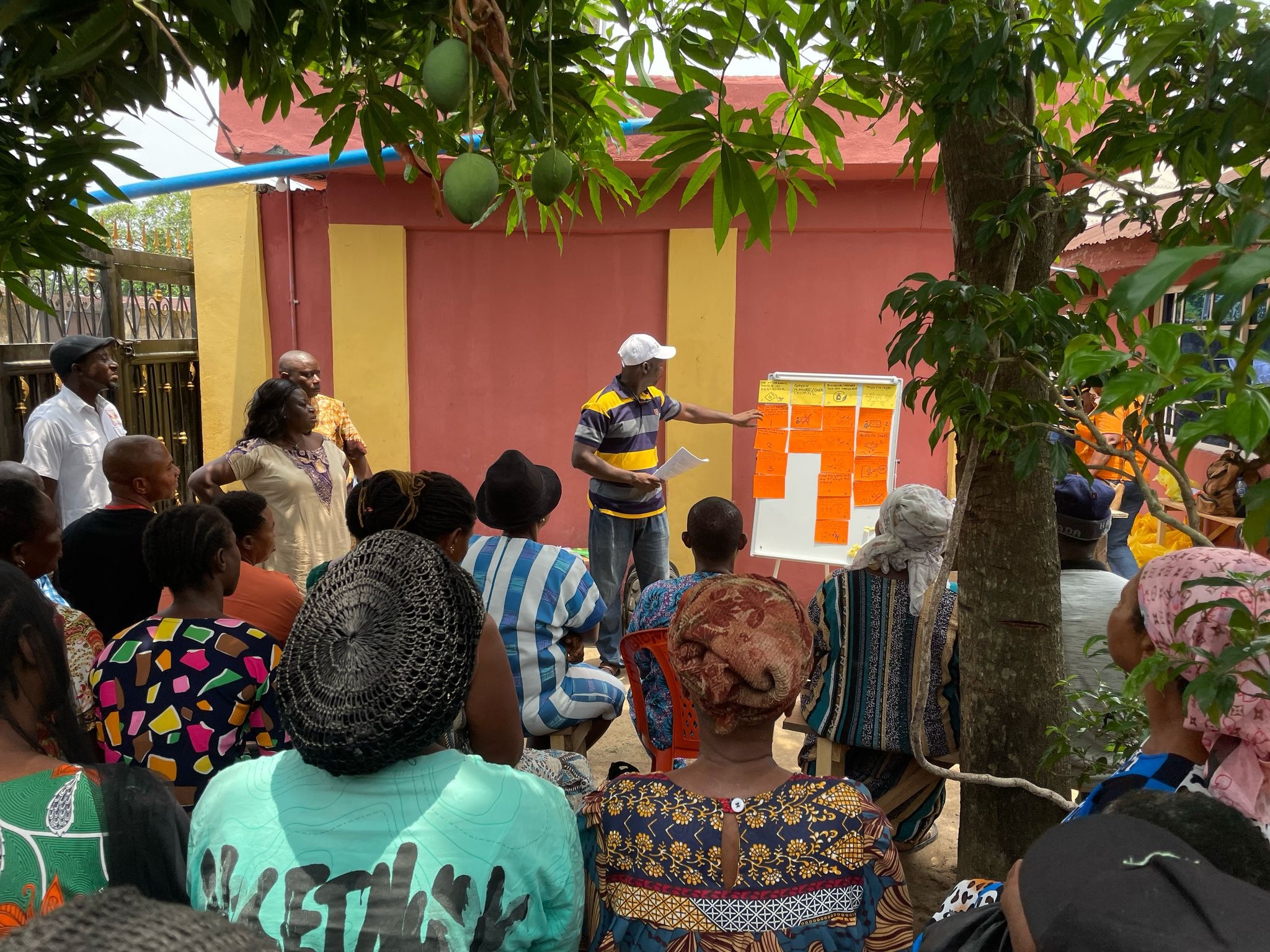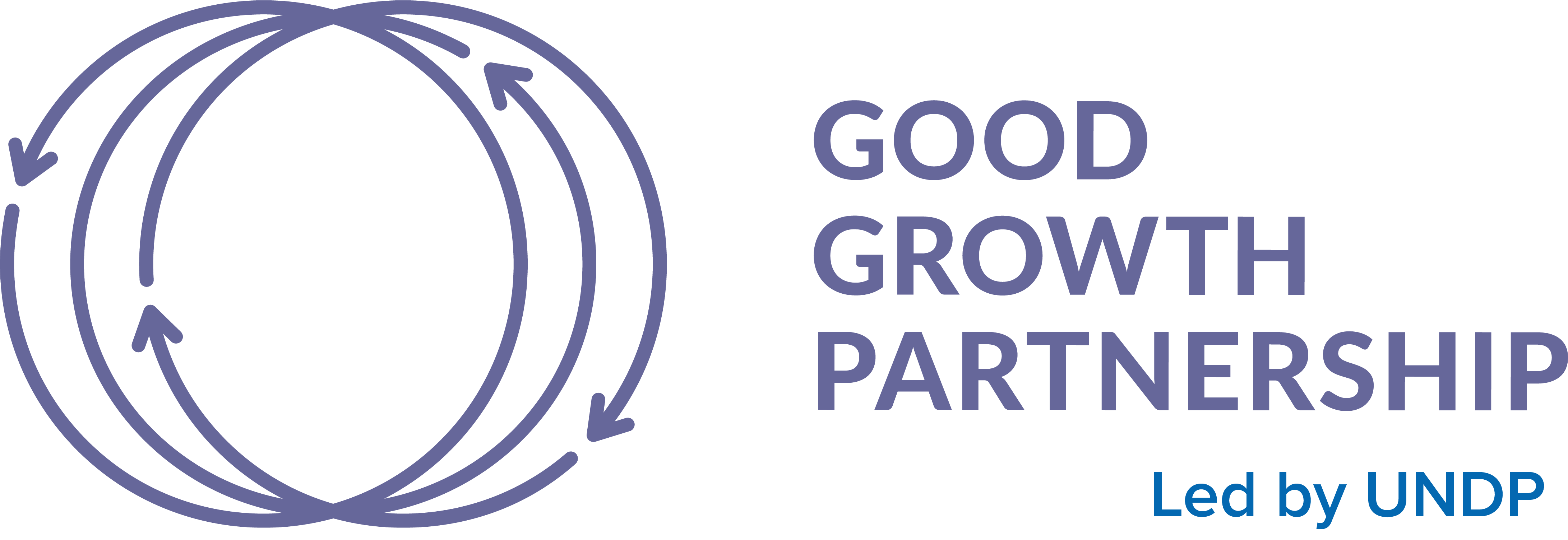
______________
By Federica Matteucci, Forestry Division, Food and Agriculture Organization of the United Nations
Participants at a recent workshop in Nigeria focused on crafting an innovative framework for forests, land use and and establishing a roadmap for creating sustainable cocoa and palm oil production landscapes.
Hosted by the Food Systems, Land Use and Restoration (FOLUR) Impact Program in March in the southeastern city of Calabar, the Participatory Informed Landscape Approach (PILA) Multistakeholder Workshop shaped shared visions on integrated landscape management (ILM) into sustainable realities.
Over four days, more than 120 delegates including national and state level officials from Ondo and Cross River States, FOLUR project staff, representatives of farmer organizations and researchers attended panel discussions and sessions at the landmark event.
One of the key objectives of the workshop was to present the initial results of integrated landscape assessments conducted through combined geospatial analyses, a literature review, and a landscape-focused farm-household survey to establish shared baseline parameters and inform collective decision-making.
The event was intended to formalize activities organized under FOLUR, a $345 million, seven-year initiative funded by the Global Environment Facility (GEF) and led by the World Bank. The program consists of a global knowledge platform and projects in 27 countries, including Nigeria. Projects focus on accelerating action along value chains for eight major commodities, including cocoa, coffee, livestock, maize, palm oil, rice, soy and wheat.
The FOLUR country project in Nigeria titled ‘’Promoting Integrated Landscape Management and Sustainable Food Systems in the Niger Delta’’ is executed by the Food and Agriculture Organization of the United Nations (FAO) in close collaboration with the Forestry Research Institute of Nigeria (FRIN), which is implementing the project on behalf of the Nigerian government.
Building on the baseline survey results, stakeholders engaged in exercises to outline future visions for the target production landscapes. They also collaborated to co-design transition pathways, incorporating agroecological principles to improve productivity, sustainability and resilience over the long term.
To identify necessary governance shifts, policymakers and stakeholders participated in a mapping exercise of the current and desired governance at landscape level.
Two policymaker and stakeholder dialogues focused on two priority issues for the Nigeria project:
- Preparing for and mainstreaming compliance with the European Union Regulation on Deforestation-free Products (EUDR), which comes into effect on Dec. 30, 2025 for large and medium companies and June 30, 2026 for micro and small enterprises. The law requires commodity traders to prove that their products do not originate from recently deforested land or contributed to forest degradation.
- Inclusive titling of customary rights of occupancy of farmland and women’s rights to land.
The workshop demonstrated the successful application of PILA methodology to the Nigerian context. Workshop participants said that PILA is now yielding tangible results on the ground.
Nifesimi Ogunkua, GEF Portfolio Support Specialist at FAO-Nigeria, praised FOLUR-led efforts, highlighting their impact in addressing key challenges faced by farmers in Nigeria. The project is a powerful example of how challenges can be transformed into opportunities, she said.
During the panel discussion on mainstreaming EUDR compliance, Iyabo Mustapha, Assistant Director of Land, Environment and Climate Change at the Nigeria Federal Ministry of Agriculture and Food Security (FMAFS), underscored ministry alignment and support.
She highlighted the importance of technical capacity development, technical support, and the need for farmers to comply with the EUDR.
Speakers Joe Onyiuke, the National President of Oil Palm Growers’ Association of Nigeria (OPGAN), and Adeola Adegoke, the National President of Cocoa Farmers’ Association of Nigeria (CFAN), emphasized the importance of awareness raising and implementing supporting policies.
To date, the FOLUR project has made significant strides in Nigeria, blending data-driven tools, inclusive planning, and capacity building to advance sustainable, integrated land and forest management. Key achievements include:
- Comprehensive sustainability assessments of farms in Ondo and Cross River States
- Launch of the Nigeria PILA geospatial platform, providing open access to vital biophysical and socio-economic data
- Completion of a Land Use and Land Use Change assessment (2000–2024) across four local project areas
- Mapping of oil palm and cocoa farms to support smallholder compliance with EUDR
- Development of restoration suitability maps to guide ecological recovery
- In-depth analysis of the enabling environment, including tenure rights and governance
- Introduction of a multistakeholder planning methodology, integrating agroecological principles
- Training on TEER (The Economics of Ecosystem Restoration) to strengthen local capacity in monitoring and assessing the effectiveness of restoration interventions.
Building on this momentum, preparations are already underway for the second PILA multistakeholder workshop, which is scheduled to take place in Akure, Ondo State, in September 2025 and which will pave the way for the development of Integrated Landscape Management Plans. This upcoming event will offer a renewed platform for collaboration, knowledge exchange, and strategic planning toward more sustainable, integrated landscape management.







